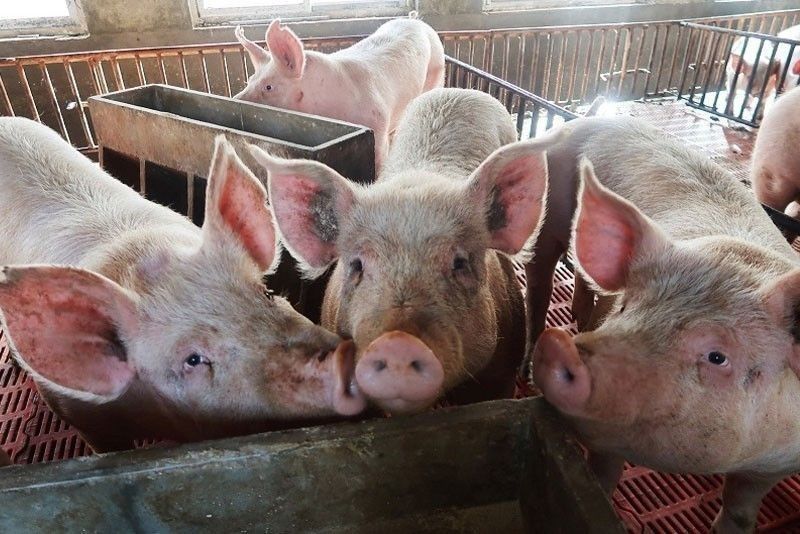Bangko Sentral flags impact of African swine fever, volatile oil prices to inflation

MANILA, Philippines — The Bangko Sentral ng Pilipinas on Friday said volatile global oil prices and the impact of African Swine Fever on food prices continue to threaten the country’s inflation outlook in the near-term, although price growth would likely stay benign until next year.
“The balance of risk to the inflation outlook has shifted towards the upside for 2020 while it continues to tilt to the downside in 2021,” BSP Governor Benjamin Diokno told a press conference.
“Over the near-term, upside risks to inflation might emanate mainly from the volatility in global oil prices and from the potential impact of the African swine fever outbreak on domestic food prices,” Diokno added.
Inflation eased to 0.9% in September, slower than 1.7% registered in August and 6.7% recorded a year ago.
The latest reading was the slowest rate since April 2016, or when inflation stood at 0.7%. Year-to-date, inflation averaged 2.8% — settling within the government’s 2%-4% annual target.
The Department of Agriculture last month confirmed that the deadly African swine fever virus has reached the Philippines, spelling disaster for the nation’s hog industry. According to Fitch Solutions, global pork prices remain elevated and food inflation in China — which was badly hit by the highly contagious disease — has now reached an all-time high.
Meanwhile, world oil prices remain volatile amid tensions in the oil-rich Middle East and expectations of tight global supply.
In a report published Friday, the central bank said that based on its survey of private sector economists, inflation is projected to be manageable and stay within target this year until 2021.
- Latest
- Trending

































